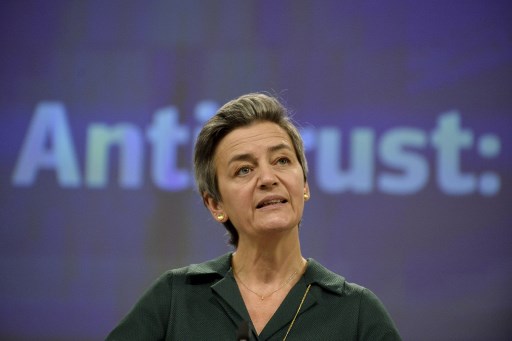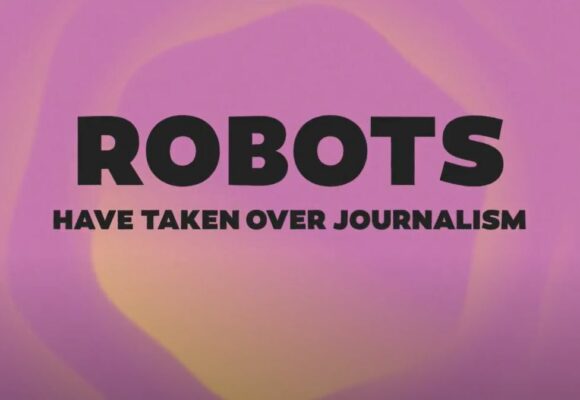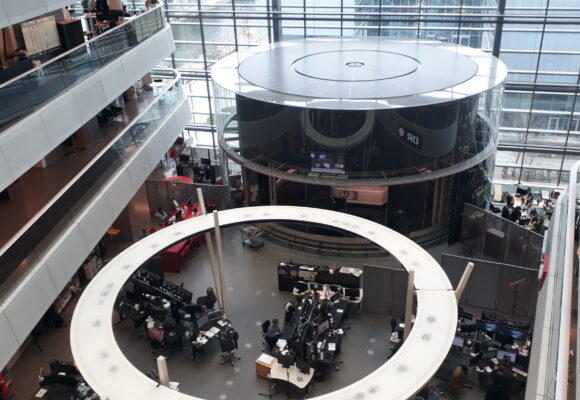EFJ condemns the harassment campaign targeting journalist Arzu Geybulla
The European Federation of Journalists (EFJ) condemns the online harassment campaign targeting Azerbaijani journalist Arzu Geybulla, unjustly accused of betraying her country for taking a measured and journalistic stance in the face of the recent armed conflict between Azerbaijan and Armenia. Azerbaijani journalist Arzu Geybulla has been the target of an online harassment campaign following the publication of an opinion article about her on the online portal AzLogos, a platform managed by Azerbaijanis living abroad. The article alleges that the journalist disrespected the martyrs of the conflict between Azerbaijan and Armenia, accusing her of deliberately mocking the minute of silence…











